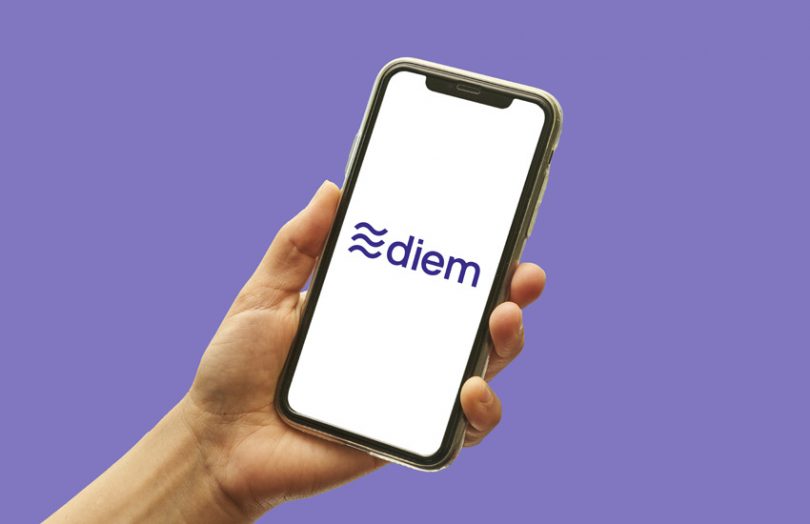Today David Marcus, the head of all payment related activities at Facebook, said Facebook’s Novi wallet for the Diem stablecoin is ready to come to market. “In the U.S., we have secured licenses or approvals for Novi in nearly every state, and we will not launch anywhere we have not yet received such clearances,” he wrote in a blog post. However, the tone of the piece is not a hopeful one.
Much of the article is about the pushback Diem (formerly Libra) and Facebook have encountered from regulators worldwide, but the U.S. in particular. While he doesn’t specifically explain the current holdup, reading the blog post, the takeaway is regulators may be about to block or delay Diem and/or Novi’s launch.
Diem recently moved its headquarters from Switzerland to the U.S. after Switzerland appeared to drag its feet with input from international regulators. It partnered with Silvergate Bank as a fiat bridge to launch a USD stablecoin and manage its reserves.
Marcus addresses some of the bad press that stablecoins have recently received about the assets that back them. He notes that the majority of the stablecoin’s assets would be held in treasuries and makes the argument that most commercial banks would have to delay withdrawals if they were inundated with people wanting to take their money out.
He recognizes that much of the pushback is addressed at Facebook. The social media company already processes $100 billion a year in payments. Without any irony, Marcus bemoans the roadblocks put in Facebook’s way and the perceived lack of a level playing field, saying the social media company “deserve(s) a fair shot”.
Marcus also claims that Facebook would not scale the Novi wallet as rapidly as some fear, given users would explicitly have to sign up and go through know your customer compliance. He doesn’t mention the 25 fold increase in the USDC stablecoin market capitalization in a year, without Facebook’s user base. That’s something regulators are acutely aware of.
But it’s hard to argue against Marcus’ claim that cheaper, interoperable and more accessible payments are needed. He believes it’s unreasonable to delay those benefits. “Change is long overdue. It’ll happen one way or another,” he wrote.






